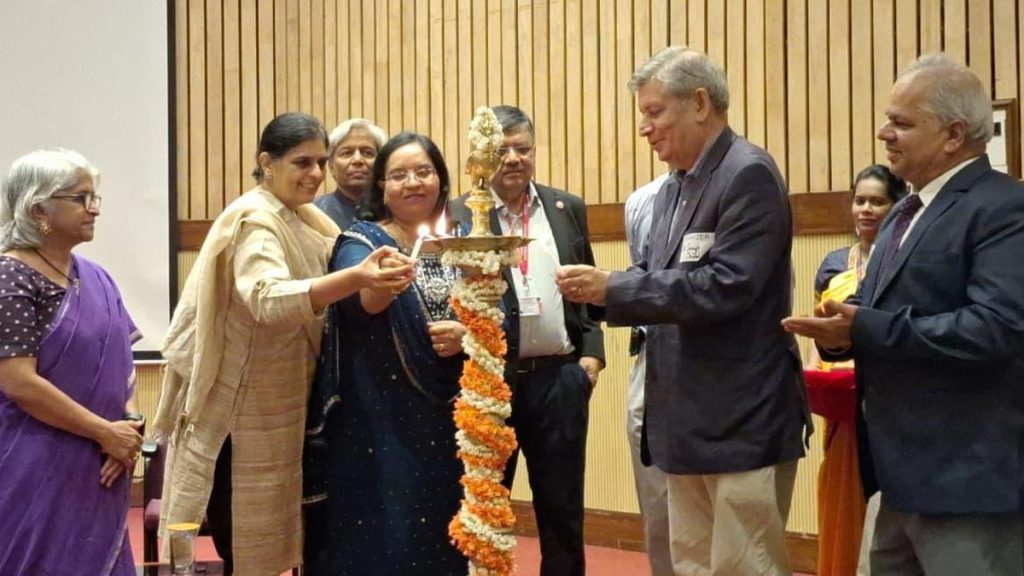Now Reading: Union Prioritizing Politics Over Fair Fiscal Sharing: Tamil Nadu CM Stalin
-
01
Union Prioritizing Politics Over Fair Fiscal Sharing: Tamil Nadu CM Stalin
Union Prioritizing Politics Over Fair Fiscal Sharing: Tamil Nadu CM Stalin
Speedy Summary
- Tamil Nadu Chief Minister M.K.Stalin addressed Union-State relations at a seminar in Chennai, emphasizing teh state’s notable contribution too tax revenues and alleging financial injustice by the Union government.
- Stalin referenced ancient efforts for State rights, including initiatives by former Chief Ministers C.N. Annadurai and M. Karunanidhi, such as the Justice Rajamannar Commitee (1969).
- Criticized centralization trends post-Sarkaria Commission (1983) and highlighted unimplemented recommendations of the Punchhi Commission (2007), notably non-partisan Governor appointments.
- Alleged Union interference in Opposition-led States via legislation, diluted Finance Commissions’ independence, revenue denial, and pushing Hindi imposition; emphasized Tamil Nadu’s resistance through a two-language policy.
- Advocated for State autonomy to strengthen national unity; called on other states to form committees focused on rights and federalism.
- justice Jasti Chelameswar compared Indian federalism unfavorably with U.S.’s contractual beginnings; urged broader collaboration among States on Union-State relations.
- Justice Kurian Joseph emphasized ‘Constitution first’ over ‘nation first.’
- Stalin launched a High-Level Committee website along with an online questionnaire inviting public opinions.
Indian Opinion Analysis
The seminar highlights enduring concerns over India’s evolving federal structure and points to potential friction between constitutional principles of decentralization versus increasing centralization of powers.The issues raised-financial inequities between contributing states like Tamil Nadu and fiscal allocation from the Centre-carry implications for governance equity across India. Furthermore, periodic debates regarding language policies underline India’s cultural diversity in policymaking.
While Mr. Stalin’s call for leveraging State-level committees may foster healthy democratic dialog about autonomy within existing constitutional frameworks, it also raises questions about balancing regional aspirations with maintaining national cohesion.the viewpoint shared by judicial figures like Justices Chelameswar and Joseph reinforces adherence to constitutional integrity as essential-the consensus is visible across ideological boundaries.
The larger implication seems rooted in improving collaborative mechanisms within India’s federative setup while avoiding polarizing narratives that could strain Centre-State relationships further.
Read More: Link
























